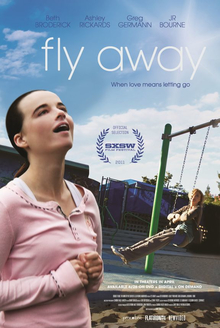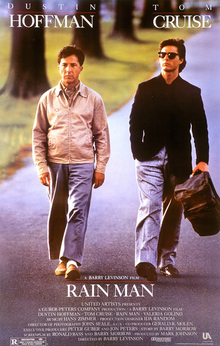
Rain Man is a 1988 American road comedy-drama film directed by Barry Levinson and written by Barry Morrow and Ronald Bass. It tells the story of abrasive and selfish wheeler-dealer Charlie Babbitt, who discovers that his estranged father has died and bequeathed his multimillion-dollar estate to his other son, Raymond, an autistic savant whose existence Charlie was unaware of. Morrow created the character of Raymond after meeting real-life savant Kim Peek; his characterization was based on both Peek and Bill Sackter, a good friend of Morrow who was the subject of Bill, an earlier film that Morrow wrote.
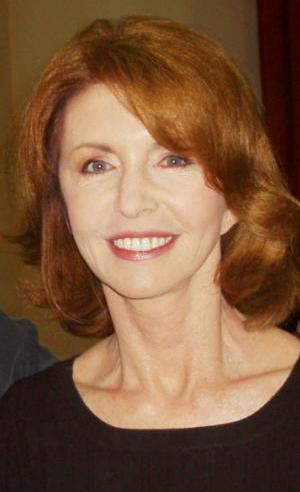
Jane Asher is an English actress and author. She achieved early fame as a child actress, and then through her association with Paul McCartney, and has worked extensively in film and TV throughout her career.
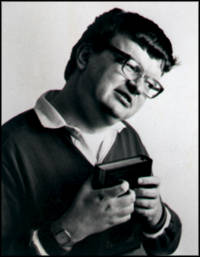
Savant syndrome is a phenomenon where someone demonstrates exceptional aptitude in one domain, such as art or mathematics, despite significant social or intellectual impairment.

Donna Leanne Williams, also known by her married name Donna Leanne Samuel and as Polly Samuel, was an Australian writer, artist, singer-songwriter, screenwriter, and sculptor.

The autism rights movement, also known as the autistic acceptance movement, is a social movement allied with the disability rights movement. It emphasizes the neurodiversity paradigm, viewing autism as a set of naturally occurring variations in human cognition rather than as a disease to be cured or a disorder to be treated, diverging from the medical model of disability.

In psychology and sociology, masking is a defensive behavior in which an individual conceals their natural personality or behavior in response to social pressure, abuse, or harassment. Masking can be strongly influenced by environmental factors such as authoritarian parents, autism, rejection, and emotional, physical, or sexual abuse. Masking can be a behavior individuals adopt subconsciously as coping mechanisms or a trauma response, or it can be a conscious behavior an individual adopts to fit in within perceived societal norms. Masking is interconnected with maintaining performative behavior within social structures and cultures.

Societal and cultural aspects of autism or sociology of autism come into play with recognition of autism, approaches to its support services and therapies, and how autism affects the definition of personhood. The autistic community is divided primarily into two camps; the autism rights movement and the pathology paradigm. The pathology paradigm advocates for supporting research into therapies, treatments, and/or a cure to help minimize or remove autistic traits, seeing treatment as vital to help individuals with autism, while the neurodiversity movement believes autism should be seen as a different way of being and advocates against a cure and interventions that focus on normalization, seeing it as trying to exterminate autistic people and their individuality. Both are controversial in autism communities and advocacy which has led to significant infighting between these two camps. While the dominant paradigm is the pathology paradigm and is followed largely by autism research and scientific communities, the neurodiversity movement is highly popular among most autistic people, within autism advocacy, autism rights organizations, and related neurodiversity approaches have been rapidly growing and applied in the autism research field in the last few years.
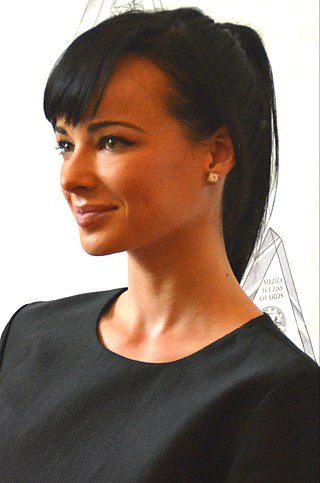
Ashley Nicole Rickards is an American actress, known for her role as Jenna Hamilton in the MTV comedy-drama series Awkward, and as Samantha "Sam" Walker, a troubled young girl in The CW's teen drama series One Tree Hill. She also starred in the 2011 independent drama film Fly Away as Mandy, an autistic girl.

Extremely Loud & Incredibly Close is a 2011 American drama film directed by Stephen Daldry and written by Eric Roth. Based on the 2005 novel of the same name by Jonathan Safran Foer, it stars Tom Hanks, Sandra Bullock, Thomas Horn in his film debut, Max von Sydow, Viola Davis, John Goodman, Jeffrey Wright, and Zoe Caldwell in her final film role. Production took place in New York City. The film had a limited release in the United States on December 25, 2011 by Warner Bros. Pictures, and a wide release on January 20, 2012, grossing over $55 million. Despite mixed reviews, the film was nominated for two Academy Awards, Best Picture and Best Supporting Actor for von Sydow, sparking controversy.
Autism spectrum disorders (ASDs) or autism spectrum conditions (ASCs) describe a range of conditions classified as neurodevelopmental disorders in the DSM-5, used by the American Psychiatric Association. As with many neurodivergent people and conditions, the popular image of autistic people and autism itself is often based on inaccurate media representations. Additionally, media about autism may promote pseudoscience such as vaccine denial or facilitated communication.
Autism-friendly means being aware of social engagement and environmental factors affecting people on the autism spectrum, with modifications to communication methods and physical space to better suit individuals' unique and special needs.

+1 is a 2013 American science fiction horror film directed by Dennis Iliadis and starring Ashley Hinshaw, Rhys Wakefield, and Natalie Hall. The film is about four college students, David, Jill, Teddy, and Allison, who attend a party. When the party is set back in time an hour into the past, there is a duplicate of every single person in the party doing what they were doing an hour ago. The plot revolves around the characters' unique actions.

Love & Air Sex, formerly known as The Bounceback, is an American romantic comedy film directed by Bryan Poyser and written by Poyser, David DeGrow Shotwell, and Steven Walters. The film stars Sara Paxton, Ashley Bell, Zach Cregger, and Michael Stahl-David. The film premiered at the 2013 SXSW Film Festival and was picked up by Tribeca Film for a U.S. day-and-date release. The film won awards for "Best Writing" at the 2013 Gen Art Film Festival and "Best Ensemble Cast" at the 2013 Napa Valley Film Festival.
Janet Grillo is an American filmmaker.

Music is a 2021 American musical drama film directed by singer-songwriter Sia. The film was co-written by Sia and Dallas Clayton, and stars Kate Hudson, Leslie Odom Jr. and Maddie Ziegler. It marks Sia's feature film directorial debut. The film follows Zu, a newly sober drug dealer who becomes the sole guardian of her half-sister Music, a teenage non-verbal autistic girl.
Sex and gender differences in autism exist regarding prevalence, presentation, and diagnosis.
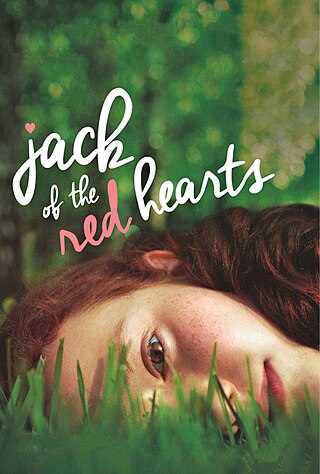
Jack of the Red Hearts is an American film directed by Janet Grillo and centered on the issues of orphanage, family, autism, exclusion and inclusion. The film premiered on May 6, 2015 at the Bentonville Film Festival and released theatrically on February 26, 2016.

Current research indicates that autistic people have higher rates of LGBTQ identities and feelings than the general population. A variety of explanations for this have been proposed, such as prenatal hormonal exposure, which has been linked with sexual orientation, gender dysphoria and autism. Alternatively, autistic people may be less reliant on social norms and thus are more open about their orientation or gender identity. A narrative review published in 2016 stated that while various hypotheses have been proposed for an association between autism and gender dysphoria, they lack strong evidence.
